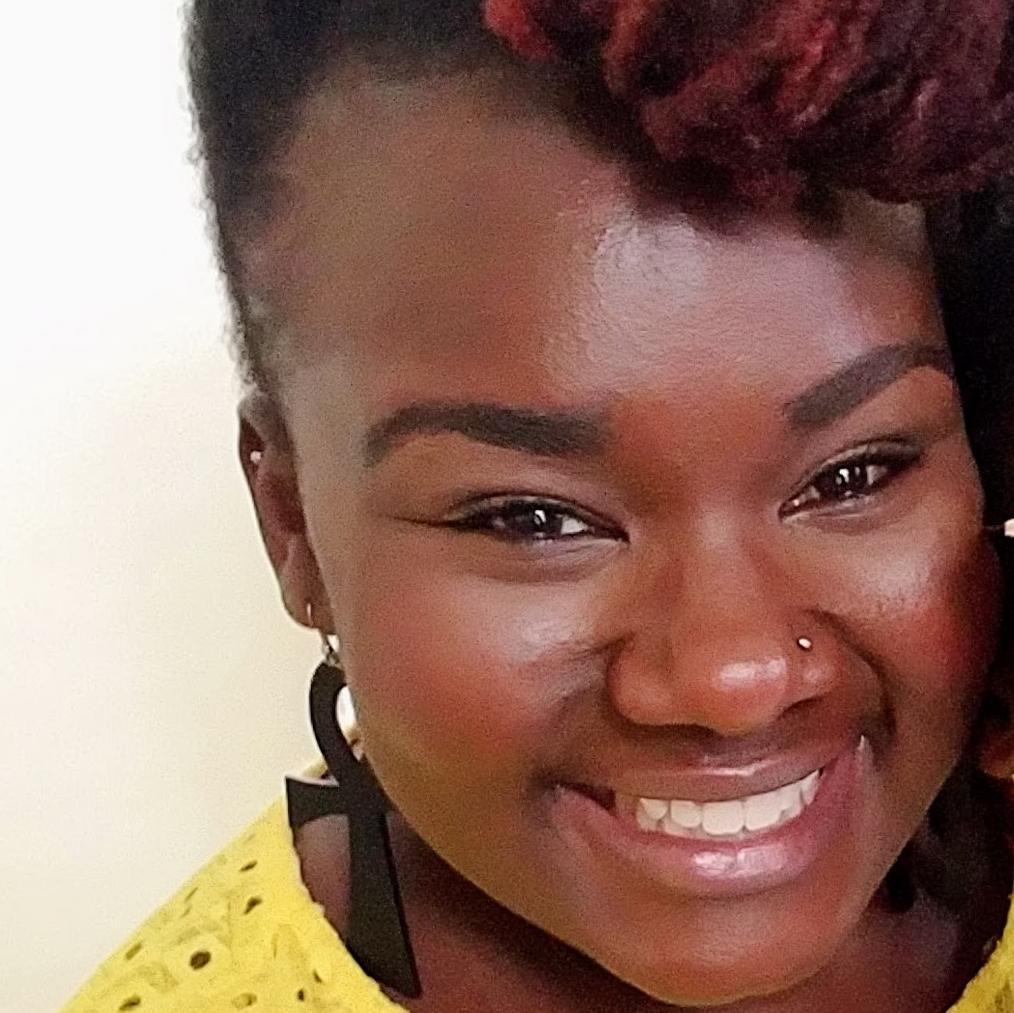“Small Moments That Bring Joy”
GSSW Alum Keneisha Newland Talks About Working in Foster Care

Keneisha Newland is used to making tough decisions.
As an employee at a foster-care agency in Harlem, Newland faced a choice: terminate the rights of a birth parent who suffered from serious drug addiction and mental health issues, or allow her to continue seeing her two children with no progress. Newland’s agency provided referrals for birth mother and resources including rehabilitation programs, metro cards, counseling and even housing, all to no avail. Worse yet, the mother continuously missed the scheduled meetings with her children, leaving them anxious and miserable. The mother’s two neglected children had been placed in a foster family and, for the first time in their young lives, were thriving.
“I knew if they returned to her it would be debilitating for them,” said Newland. “But it’s always a hard decision to terminate a parent’s rights.”
When Newland needs an ear, she still reaches out to her former professors at Touro’s Graduate School of Social Work (GSSW).
“I was able to have these relationships with these women who are so smart and so knowledgeable and experienced in their field and as a young professional there are times when I need advice,” explained Newland. “I’m so grateful for these relationships.”
Though Newland is quick to add that the job isn’t only composed of difficult situations like that. As a case manager she’s seen new foster siblings pal around like they’ve known each other for ages. In her latest position, she shared a story about how her staff helped a developmentally disabled teenager learn to travel independently.
“We celebrated his achievement,” recalled Newland. “It was amazing. It’s something other people might take for granted, but for him it was huge; it allowed him to become more independent. These little things remind us why we do this; this is what social work is about: those small moments that bring joy.”
Newland took a circuitous path to become a social worker. As a student in John Jay College, she majored in criminal justice and planned to become a lawyer, but that plan was derailed after she took a single psychology class.
“I wanted to learn what makes up a person,” she recalled. “What makes them tick.”
Newland began working in the health care system while completing her undergraduate studies, rising from an intern to a Health Information Management Assistant at a foster care agency. In 2012 she received a Master’s in psychology from Long Island University. She was later employed as a case manager at Graham Windham, an ACS-contract foster care agency. In another role at Graham Windham as a home finder, Newland visited foster homes and ensured that standards of safety, like adequate food and clothing, were maintained. Wanting to do more in her chosen field, she applied to GSSW in 2014. She appreciated the knowledge she gained from the classes and the comradery she felt with her professors.
“I didn’t come to social work with blinders on,” said Newland. “I was in the field for years before I arrived at GSSW. I had moments when I thought, ‘this is what the book says,’ but this is what the child in front of me was saying. I really appreciated the guidance and support that GSSW offered. I was able to go into my professor’s office and vent about my horrible day or my frustration with an assignment, as well as share the joys and triumphs.”
After finishing GSSW, Newland was promoted to the SLAM Youth Coach Supervisor at the agency. SLAM (Support, Lead, Achieve and Mentor) supports youth from ages 16-24 with educational and vocational services. Primarily for youth that are in foster care, the program assists them with being independent as they age out of the foster-care system.
“Many individuals who age out of the foster-care system don’t know how to navigate the world, many end up homeless,” stated Newland. “The SLAM program was designed to give them support to ensure they’re in a living wage position and able to sustain themselves.”
Forty-five individuals are in the program and the program reaches approximately 300. “Kids can do much more than the boxes we put them in,” said Newland. “Success looks very different for each child.”

